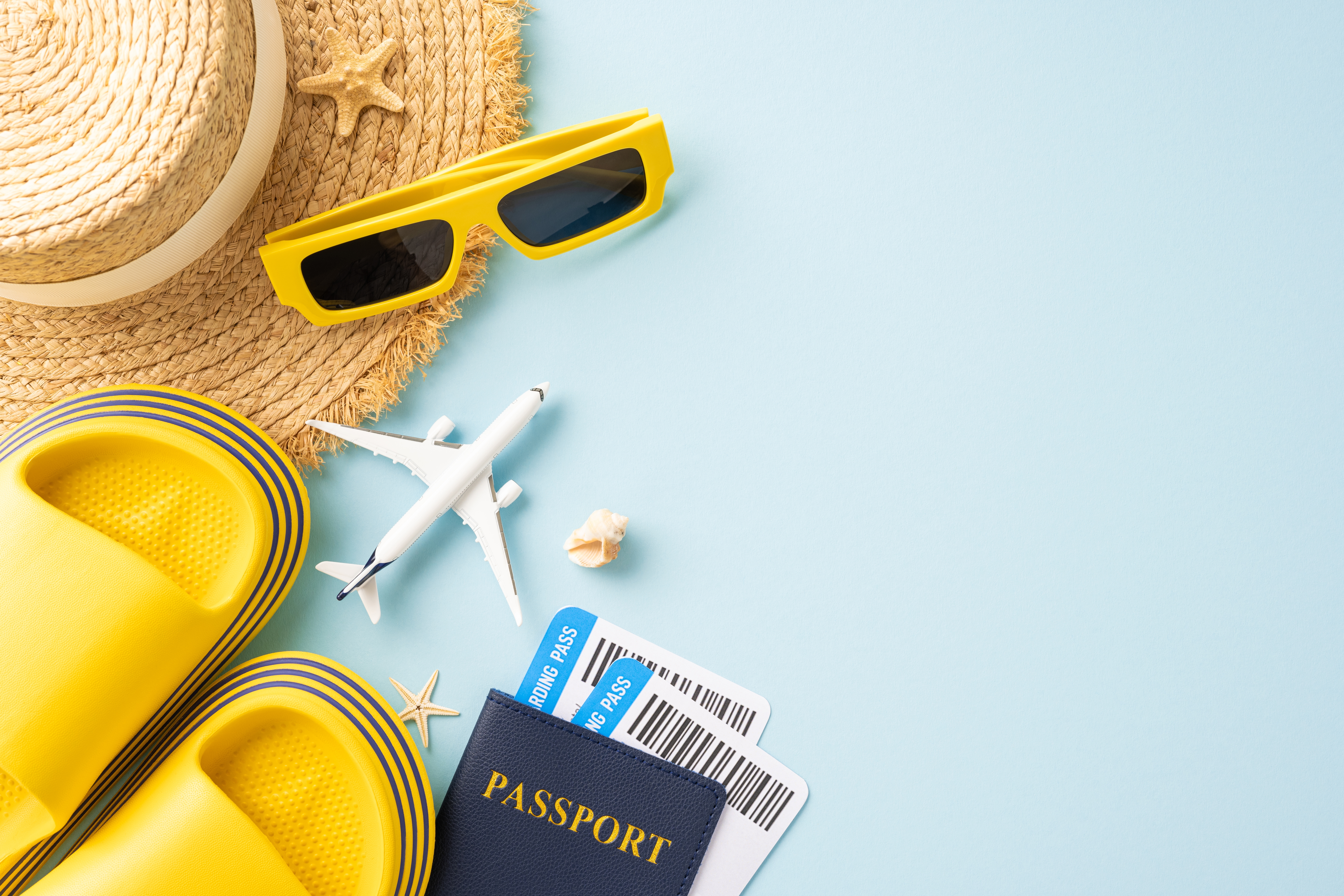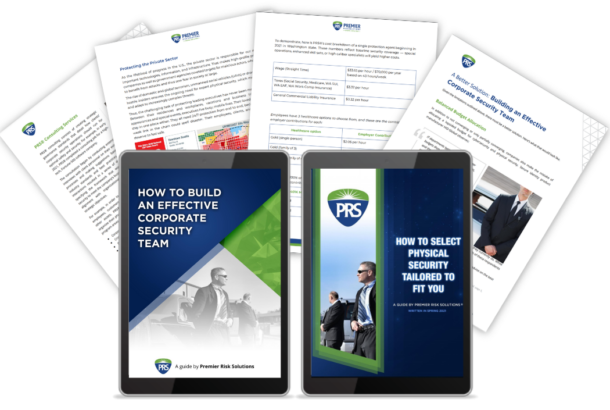Introduction
Business travel is often essential for maintaining and expanding professional relationships and opportunities. However, it also introduces unique physical security challenges. From protecting personal belongings to ensuring personal safety, business travelers must be vigilant and proactive in their approach to security. This blog post explores the best practices for physical security during business travel, helping professionals stay safe and focused on their objectives.
Pre-Trip Planning
Research Your Destination: Before embarking on any business trip, it’s crucial to research the destination thoroughly. This includes understanding the local crime rate, political climate, and any travel advisories issued by your government. Familiarize yourself with the safest neighborhoods and identify potential risk areas to avoid. Contact your corporate security department representative for additional information or recommendations before booking business travel.

Secure Accommodations: Choose reputable hotels with robust security measures in place. Look for properties with 24-hour security, controlled access points, and in-room safes. Consider using business travel management platforms that provide vetted accommodation options to ensure a higher level of security.
Travel Itinerary: Share your travel itinerary with trusted colleagues, friends, or family members. Include details such as flight information, hotel addresses, and contact numbers. This ensures someone knows your whereabouts in case of an emergency. For international travel, complete the information in the STEP program run by the US Department of State. In case a crisis arises during your travel, this secures you and your fellow traveler(s) a seat on the plane for emergency evacuation.
Packing Smart: Pack only what you need and avoid carrying unnecessary valuables. Use carry-on luggage whenever possible to minimize the risk of lost, damage, or the tampering of checked luggage. If checked luggage cannot be avoided, ensure medications, documents, and other sensitive items are removed and kept with your carry-on bags. Consider using RFID-blocking wallets to protect your credit cards and personal information from digital theft. Ensure your luggage is lockable and easily identifiable to minimize the risk of tampering or theft.
During Transit
Airport Security: Always keep an eye on your belongings at the airport. Use TSA-approved locks for your checked luggage and keep your carry-on items close. Be cautious of distractions and scams that could lead to theft. If possible, travel with a colleague to enhance mutual security.
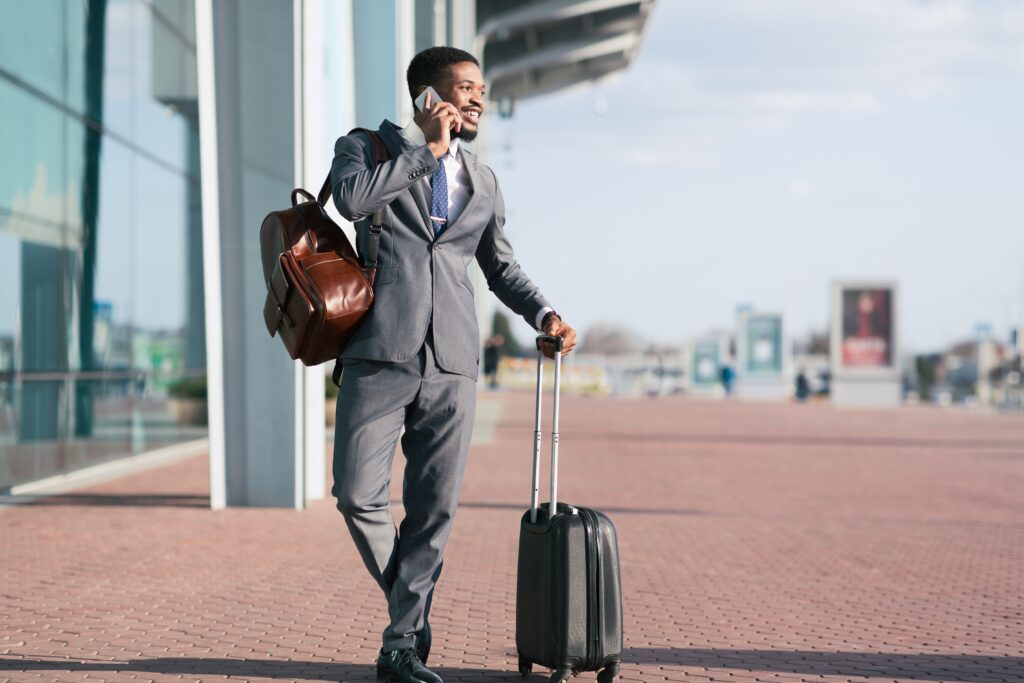
Ground Transportation: Use reputable transportation services and avoid unmarked taxis. Ride-sharing apps often provide safer alternatives, as they allow for tracking and sharing trip details. Confirm the identity of your driver before entering the vehicle, and avoid discussing sensitive information during the ride. When and where possible, coordination with the hotel you are staying at for their recommendation on ground transportation coordinated through them offers another level of vetted resource vs utilizing a random unmarked taxi.

On the Ground: Hotel Security
Room Selection: Request a room located between the third and sixth floors. These floors are typically less accessible to intruders and can still be reached by fire department ladders in case of an emergency. Avoid ground-floor rooms, which are more susceptible to break-ins.
Room Inspection: Upon arrival, inspect your hotel room for any security vulnerabilities. Check for functioning locks on doors and windows, and ensure the peephole and deadbolt are intact. Familiarize yourself with the nearest emergency exits and the hotel’s evacuation plan.

In-Room Security: Use the in-room safe to store valuables such as passports, laptops, and cash. Keep the safe code private and avoid using easily guessable numbers. When leaving the room, use the “Do Not Disturb” sign to deter potential intruders, and always double-check that the door is locked securely. Often leaving the television on with some volume playing acts as a deterrent to a potential intruder.
While Conducting Business
Meeting Venues: Choose secure and reputable venues for meetings and events. Verify the security measures in place, such as access control and surveillance systems. Avoid discussing confidential information in public areas where eavesdropping is possible. Business travel makes Starbucks (or its equivalent) an easy destination for a meeting but also allows for ample eavesdropping.
Personal Security: Be aware of your surroundings at all times. Trust your instincts and leave any situation that feels unsafe. Avoid displaying expensive jewelry or electronics that could attract unwanted attention. If walking alone, stay in well-lit and populated areas.

Using Technology Wisely
Device Security: Keep your electronic devices secure at all times. Upon arrival when traveling internationally, do not turn off Airplane Mode until you have cleared immigration and Customs. Use strong passwords, enable encryption, and ensure your devices are up to date with the latest security patches. Consider using a VPN to protect your internet activity from potential hackers on public Wi-Fi networks. Consider using a privacy screen/filter on your devices.
Data Protection: Be mindful of where and how you access sensitive information. Avoid conducting financial transactions or accessing confidential files on public Wi-Fi. Use secure connections and consider downloading necessary files before traveling to limit online exposure. Contact your IT department representative to discuss recommendations prior to booking business travel.
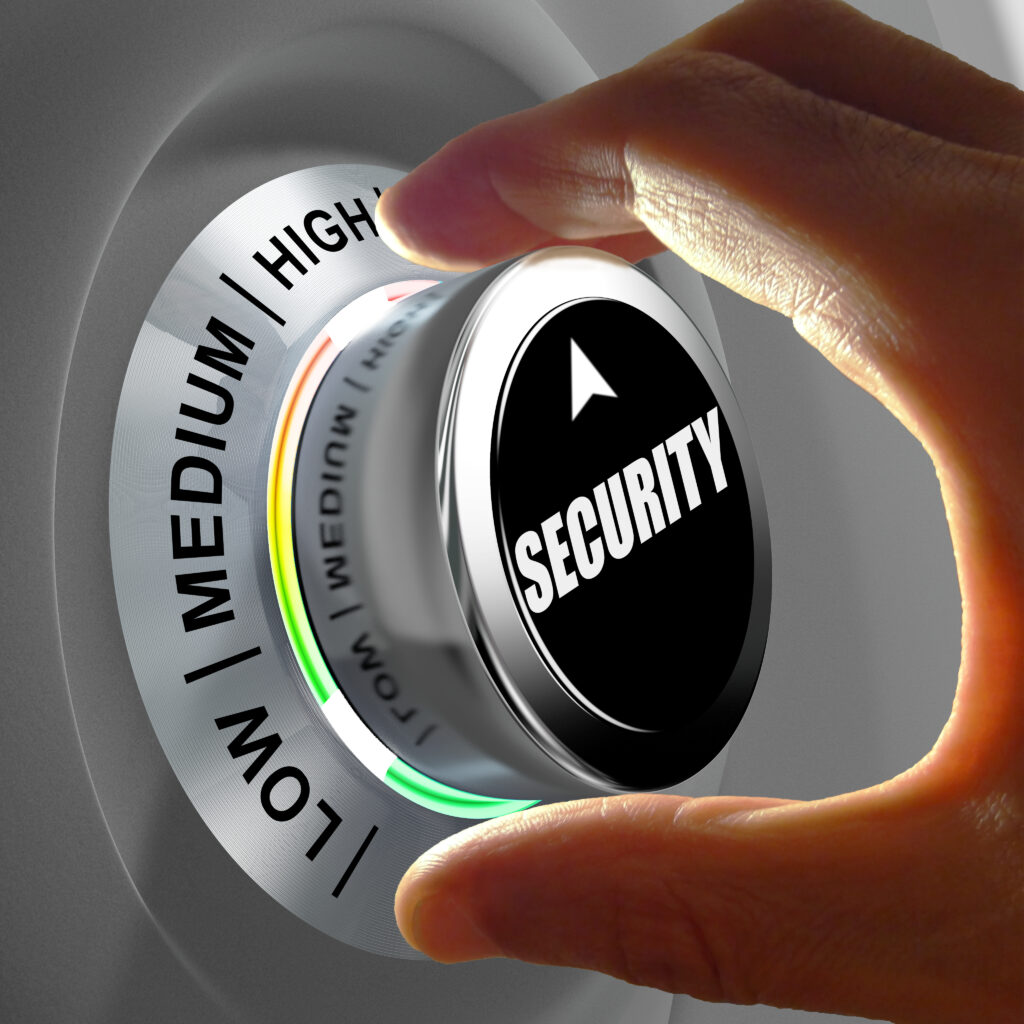
Emergency Preparedness
Local Emergency Contacts: Familiarize yourself with the local emergency numbers and the location of nearby emergency services, embassies, or consulates. Have a plan for how you will contact them in case of an emergency.
Medical Precautions: Carry a basic first-aid kit and any necessary medications. Know the location of the nearest hospital or clinic and how to access emergency medical services. Consider purchasing travel insurance that covers medical emergencies and evacuation.
Crisis Response Plan: Develop a crisis response plan that includes steps to take in various emergency scenarios, such as natural disasters, civil unrest, or personal safety threats. Share this plan with trusted contacts and review it periodically.
Maintaining Vigilance
Routine Check-ins: Regularly check in with your trusted contacts to update them on your safety and itinerary. Use pre-arranged code words or phrases to signal if you are in distress or require immediate assistance.
Situational Awareness: Stay alert and observant of your surroundings at all times. Be cautious of individuals who may be watching or following you. Increased potential for criminal activity occurs at train and bus stations as weary travelers are targeted due to their unfamiliarity with their surroundings. Wear clothes with hidden pockets that can be zipped or buttoned and carry valuables inside secure document belts underneath clothing. Avoid predictable routines and vary your travel routes and schedules.
Continuous Learning
Security Training: Participate in security training sessions offered by your organization or external providers. Stay informed about the latest security threats and best practices through webinars, workshops, and industry publications.
Feedback and Improvement: After each trip, assess your security measures and identify any areas for improvement. Share your experiences and lessons learned with colleagues to enhance collective security awareness.
Conclusion
Business travel presents unique physical security challenges that require careful planning and constant vigilance. By adhering to best practices for physical security, business travelers can minimize risks and ensure a safe and productive trip. From pre-trip preparations to on-the-ground precautions and emergency response planning, every step is crucial in protecting yourself and your assets. Stay informed, stay alert, and prioritize your safety to make the most of your business travels.
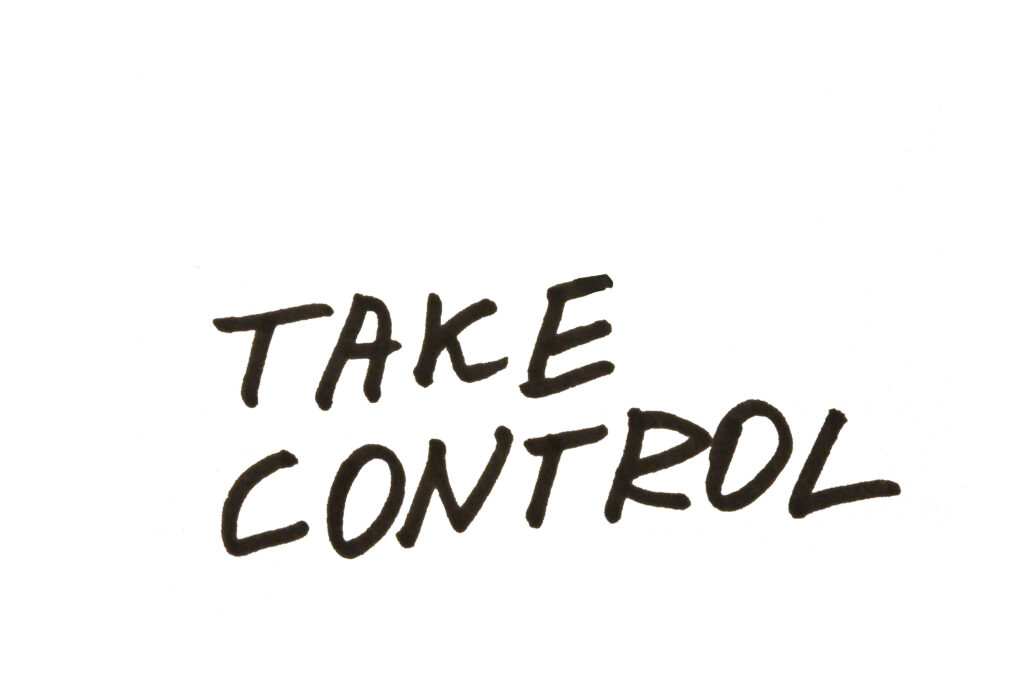
I hope you find this guide on physical security best practices in business travel helpful! If you have any specific questions or need further details, feel free to ask us. Safe travels!

